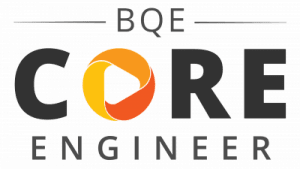Free registration required before viewing this course
Already have an account? Click here to log in.
Integrate Accounting and Project Management to Streamline Operations and Improve Profitability
Course Information
The term “project accounting” isn’t familiar to many architecture, engineering and construction (AEC) professionals because their firms revolve around meeting their client’s needs, the projects they’re awarded, and how those services are performed. In these types of service-based businesses, accounting often is a “back-office” consideration. But if AEC professionals want to run a better business, they need to perform accounting at a project level.
In effect, every project manager is a business manager: the CEO of his or her own little company. The company is the project, and AEC professionals should be held accountable for delivering what their clients expect—and to do so profitably. A lot of firms, however, don’t think about it this way. They don’t empower their project managers, nor make them accountable for the business side of their work. And why should they? After all, AEC professionals went to school to design and build incredible projects, not to run a business.
That’s where project accounting comes into play. By applying today’s business intelligence tools effectively, design and engineering firms can centralize and streamline the way they enter and use information for time tracking, billing, project management and accounting. And with recent advances in analytics tools and artificial intelligence, firms can leverage their software to transform data into actionable insights to support business decisions.
Author
Steven Burns, FAIA, Chief Creative Officer, BQE SoftwareLearning Objectives
By the conclusion of this article, the reader should be able to understand:
• Why project accounting is vital to a design or engineering firm’s success.
• The benefits of automating certain functions in design and engineering firms that have remained almost embarrassingly manual through the years.
• Ways to eliminate project accounting inefficiencies that can cost your firm a substantial percentage of its revenue.
• How technology advances such as artificial intelligence and related data analytics tools are transforming the ways architecture, engineering and construction professionals compile, collate, present and use project information.
Already have an account? Click here to log in.





